Member of the Month: Madina Agenor
Hedwig Lee, Anjum HajatMadina Agénor is the Gerald R. Gill Assistant Professor of Race, Culture, and Society in the Department of Community Health at Tufts University. She has been a member of IAPHS since 2018. Learn more about Madina on her website: madinaagenor.com and follow her on Twitter @MadinaAgenor.
Tell us a little about yourself, where are you from, where did you go to graduate school, what makes you jump out of bed each morning?
I was born in Martinique to a father from Haiti and mother from Martinique and lived in the U.K. and Haiti until the age of 6. I grew up in the Washington, DC area, where I attended the French International School. I studied community health and gender studies at Brown University, which set me on the path I am on today. After conducting research and policy work on racial/ethnic disparities in child food insecurity as a Hunger Fellow at Boston Medical Center and Food Research and Action Center, I enrolled in the Master of Public Health program in the Department of Sociomedical Sciences at Columbia University Mailman School of Public Health to further explore my interests in gender, sexuality, race/ethnicity, and health inequities. At Columbia, I was introduced to the field of LGBTQ health and mixed-methods research and haven’t looked back since! I completed my doctoral degree in the Department of Social and Behavioral Sciences at Harvard T.H. Chan School of Public Health where I studied social epidemiology with a concentration in women, gender, and health and conducted quantitative and qualitative research on sexual orientation, race/ethnicity, and cervical cancer screening disparities among U.S. women.
What makes me jump out of bed in the morning is investigating health equity issues that are critically important yet remain understudied. Specifically, I am passionate about elucidating and understanding previously unanalyzed sexual and reproductive health and cancer screening and prevention inequities related to sexual orientation, race/ethnicity, and gender identity using an intersectional lens. My goal is to help inform – and eventually develop, implement, and disseminate – interventions that address the individual-, interpersonal-, institutional-, and policy-level drivers of these inequities in order to help advance health equity and social justice. I especially enjoy working with undergraduate and graduate students in my research and in the classroom as well as engaging with community members – either through partnering with community-based organizations, conducting community-engaged research, or collaborating with community advisory boards to generate meaningful and useful research findings that can guide future action.
How do you define yourself as a population health professional?
I define myself as a social epidemiologist who uses quantitative and qualitative research methods and principles of CBPR to investigate health and health care inequities using an intersectional lens. I also think of myself as a LGBTQ health, sexual and reproductive health, and cancer screening and prevention researcher and am grateful that I received training and mentorship in all 3 of these areas.
What disciplines do you engage with and are there disciplines that you would like to engage with?
Over the years, my research has mostly drawn from social epidemiology and sociology. I also use history to frame and interpret my research findings and have recently started to use econometric methods to examine the effect of health policies on health and health care inequities. Additionally, I am starting a new study on health care provider decision-making in the context of sexual and reproductive health and cancer screening and prevention services recommendation and delivery to patients from marginalized backgrounds, which has led me to engage more with the field of psychology. Further, because I study health services, I collaborate with health care providers trained in medicine or nursing on most of my research studies. In the future, I look forward to continuing to engage with all of these fields, especially history, which allows me to situate my research in the context of historically-produced social, economic, and political inequities as well as social movements and actions that marginalized groups have engaged in to address these inequities over time.
Describe a current project/initiative that you are excited about.
Currently, I am conducting focus groups to better understand the sexual health care experiences of transmasculine young adults of color at the intersection of racism and transphobia as part of a pilot grant from the Center for Interdisciplinary Research on AIDS at Yale University. As part of my career development (K01) award from the National Cancer Institute, I am using National Survey of Family Growth data to examine how state Medicaid expansion policies impact disparities in human papillomavirus vaccination in relation to sexual orientation and race/ethnicity among young U.S. women.
Name a population health professional who you admire and why?
I really admire Dorothy Roberts and her work on reproductive justice. I especially appreciate how she examines the social, historical, and policy drivers of reproductive health inequities among Black women in the wake of slavery, Jim Crow, and other forms of structural racism and sexism. My research and teaching have been greatly informed by and have benefitted from Dr. Robert’s historical, contextualized, and interdisciplinary approach to reproductive health equity. I also admire her commitment to and fearlessness in engaging with the topics of racism, health, and science in the public sphere.
How did you hear about IAPHS? Why did you decide to become a member of IAPHS?
I heard about IAPHS through friends who are members of the organization. I was interested in joining IAPHS because of its interdisciplinary nature and focus on the structural determinants of not only population health but also health equity.
Have you attended an IAPHS meeting? If so, what do you like most about these meeting?
I attended the IAPHS meeting in Washington, DC in 2018 but unfortunately had to miss the last meeting. My favorite part of the meeting was listening to and learning from sociologists, economists, and historians. Drawing on these different disciplines to investigate health inequities has really helped advance my thinking and research. I also enjoyed getting to know other IAPHS members at similar career stages during the roundtable discussions between junior faculty and senior IAPHS leadership.
What would you tell someone who is considering joining IAPHS?
Join! This organization is small enough that you can get to know other members but large enough that you will find others interested in similar topics. Also, it is a great opportunity to start learning about and incorporating other disciplines into your work!
What would you like to see IAPHS do in the future?
I would enjoy the opportunity to network and collaborate with other researchers interested in similar topics between meetings.
Favorite population health relevant book:
Killing the Black Body by Dorothy Roberts
Medical Apartheid by Harriet Washington
Body and Soul by Alondra Nelson
Reproducing Race: An Ethnography of Pregnancy as a Site of Racialization by Khiara Bridges
Favorite population health relevant academic/news/etc. article(s):
1) L Bowleg. The problem with the phrase women and minorities: intersectionality-an important theoretical framework for public health. American Journal of Public Health. 2012 Jul;102:1267-73.
2) Krieger N. Theories for social epidemiology in the 21st century: an ecosocial perspective. International Journal of Epidemiology 2001;4:668-677.
3) World Health Organization. A conceptual framework for action on the social determinants of health. 2010. www.who.int/sdhconference/resources/ConceptualframeworkforactiononSDH.
Favorite movie, band, non-fiction, book, etc.: I am an avid modern and jazz dancer and my favorite dance company is Alvin Ailey American Dance Theater. In terms of books, my all-time favorite is The Color Purple by Alice Walker. I also love reading biographies and autobiographies of individuals who have fought for social justice. My favorites so far are Malcolm X: A Life of Reinvention by Manning Marable and Looking for Lorraine: The Radiant and Radical Life of Lorraine Hansberry by Imani Perry. I also enjoy books about Black women’s history, the Black Diaspora, and Buddhist thought and practice. In terms of music, I enjoy listening to everything from hip hop and neo-soul to Afrobeats and pop. Favorite music artists include Tupac Shakur, Meshell Ndegeocello, Nina Simone, Yola, Nao, and Florence + The Machine.

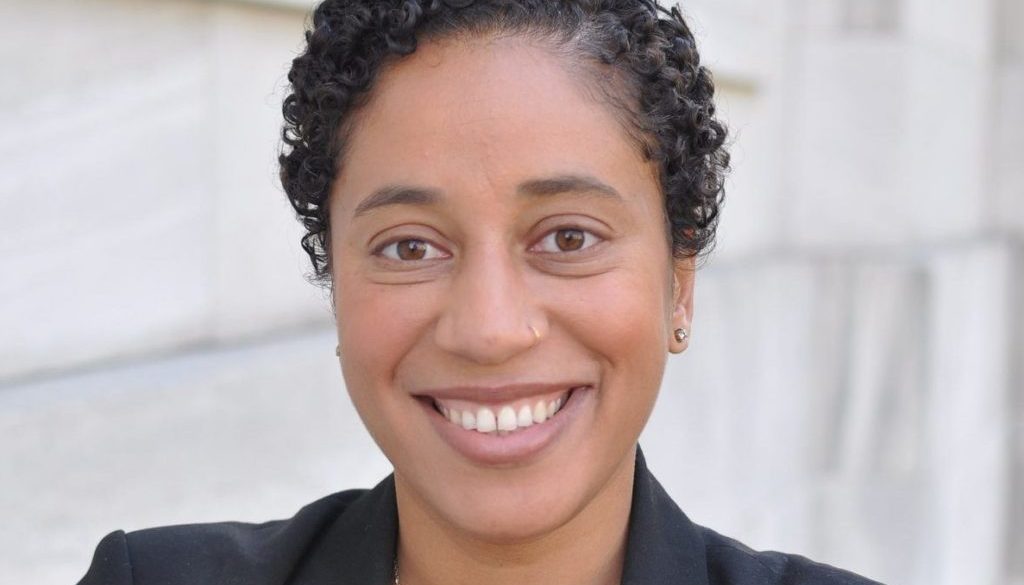
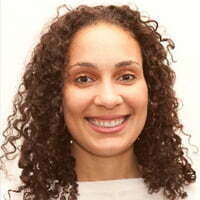
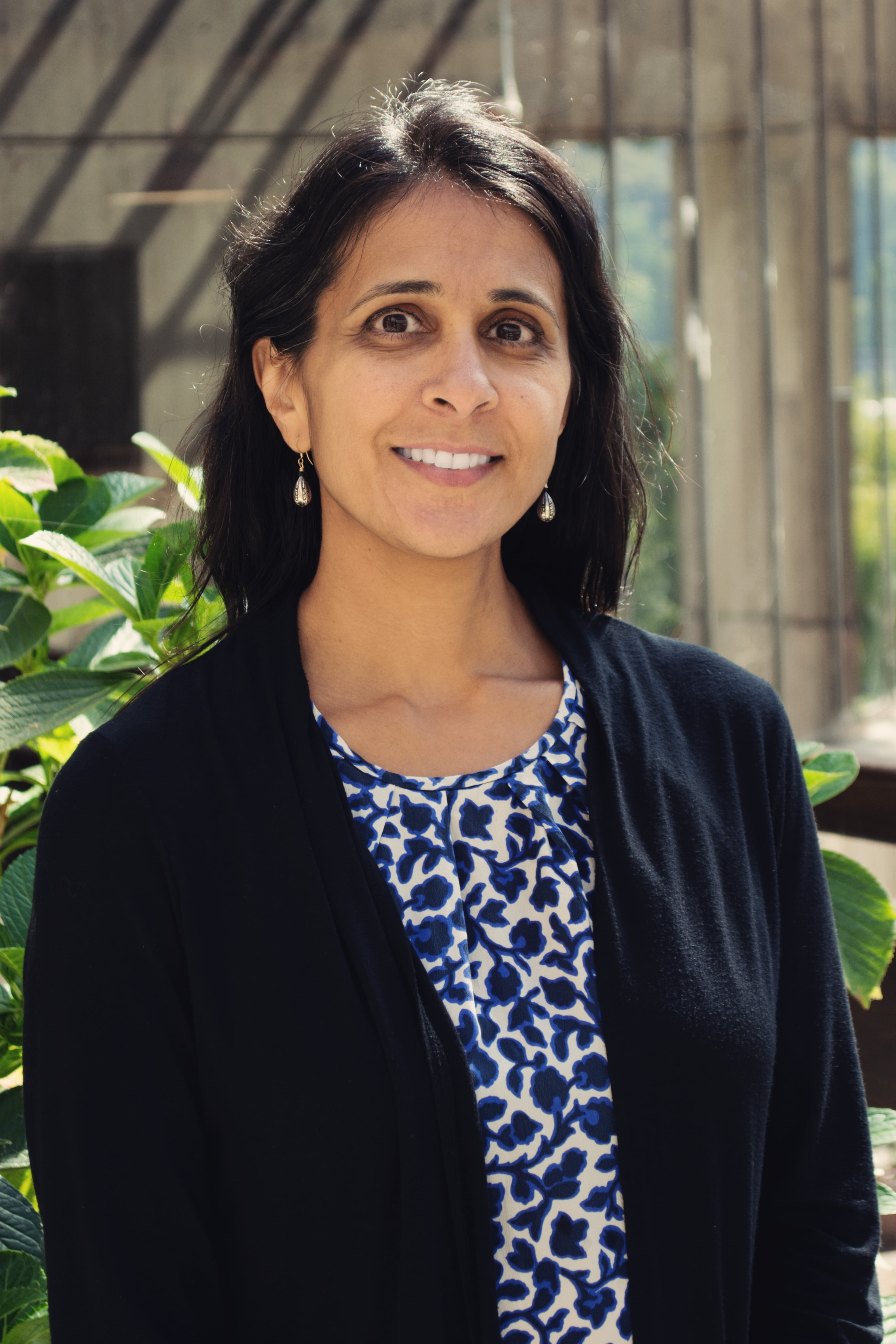
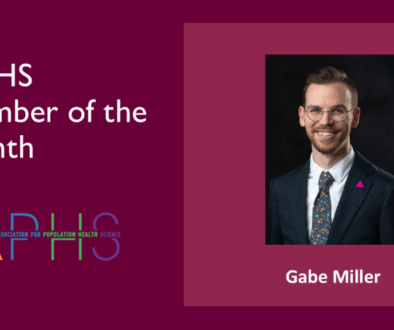
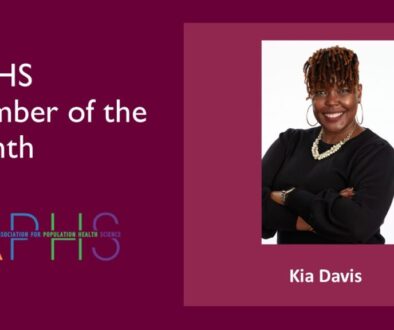

All comments will be reviewed and posted if substantive and of general interest to IAPHS readers.